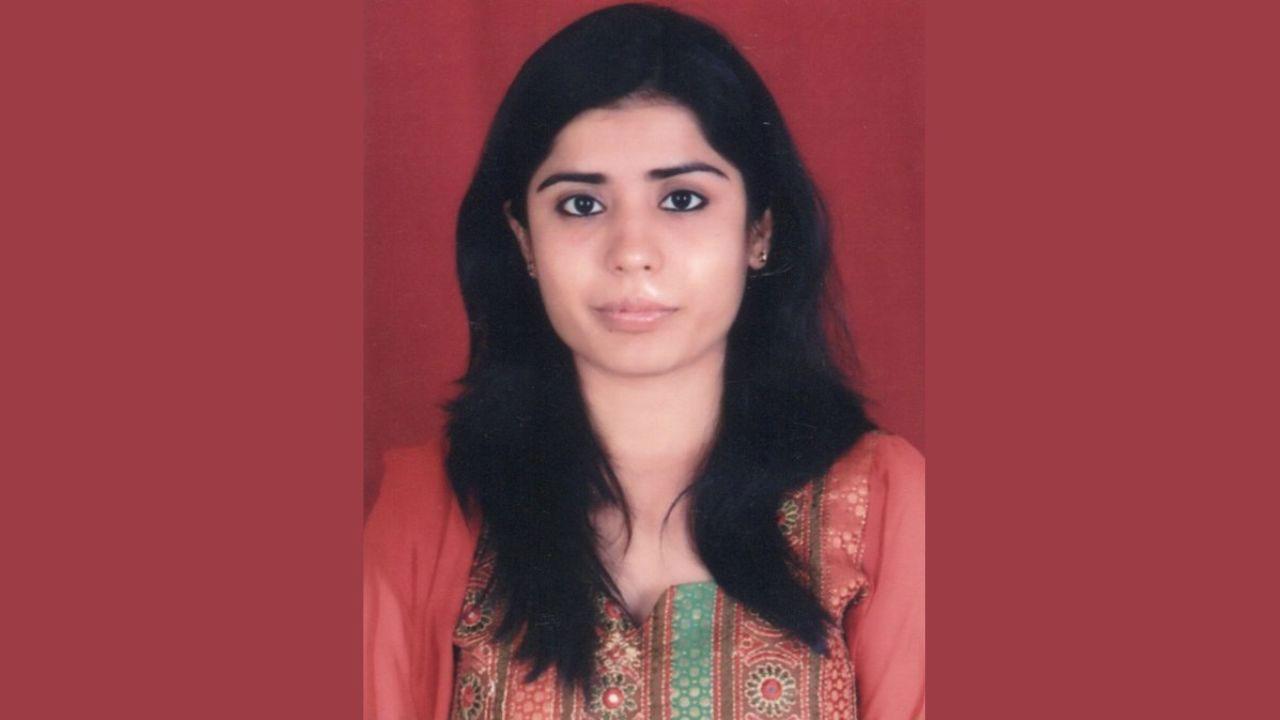In recent years, India has emerged as a vibrant hub for international students seeking quality education and a culturally enriching experience.

Dr. Kanika Bakshi
With the diverse nature of academic institutions, a rich cultural heritage, and a growing economy, the country has become an increasingly attractive destination for students from around the globe. As per the recent All India Survey on Higher Education 2020 report, 0.048 million foreign students are studying in India. In particular, India is becoming an increasingly popular education hub for Asian international students. Nepal, Bangladesh, and Sri Lanka have been ‘old hinterlands’ countries to India, whereas Afghanistan and Bhutan have emerged as ‘new hinterlands’ in the last decade. India boasts a myriad of world-class universities and institutions renowned for their academic excellence. Institutions such as the Indian Institutes of Technology (IITs), Indian Institutes of Management (IIMs), and prestigious universities like Delhi University and Jawaharlal Nehru University have become magnets for international students pursuing degrees in engineering, business, humanities, and sciences.
ADVERTISEMENT
The academic environment in India is characterized by a diverse range of programs that cater to various fields of study. This diversity, combined with a commitment to quality education, has drawn students from different corners of the world. The exchange of ideas and cultures within the academic sphere has created a dynamic and inclusive learning environment.
India has been working on transforming its higher education system to achieve the goal of becoming a "Vishwa Guru" or global leader. Some key policy initiatives like National Education Policy 2020, Institutional Rankings, Schemes like the Atal Ranking of Institutions on Innovation Achievements (ARIIA), Skill India initiative, and Study in India have collectively contributed to India's growing status as a preferred destination for higher education on the global stage.
It's important to note that the success of these policies in positioning India as a "Vishwa Guru" in higher education will depend on effective implementation, sustained efforts, and continuous adaptation to global trends. Challenges like infrastructural gaps and the need for consistent quality across institutions exist. Ongoing efforts, including policy reforms and international collaborations, aim to enhance India's global position in higher education, but sustained progress is crucial for realizing the vision of being a true "Vishwa Guru and Viksit Bharat."
 Subscribe today by clicking the link and stay updated with the latest news!" Click here!
Subscribe today by clicking the link and stay updated with the latest news!" Click here!







